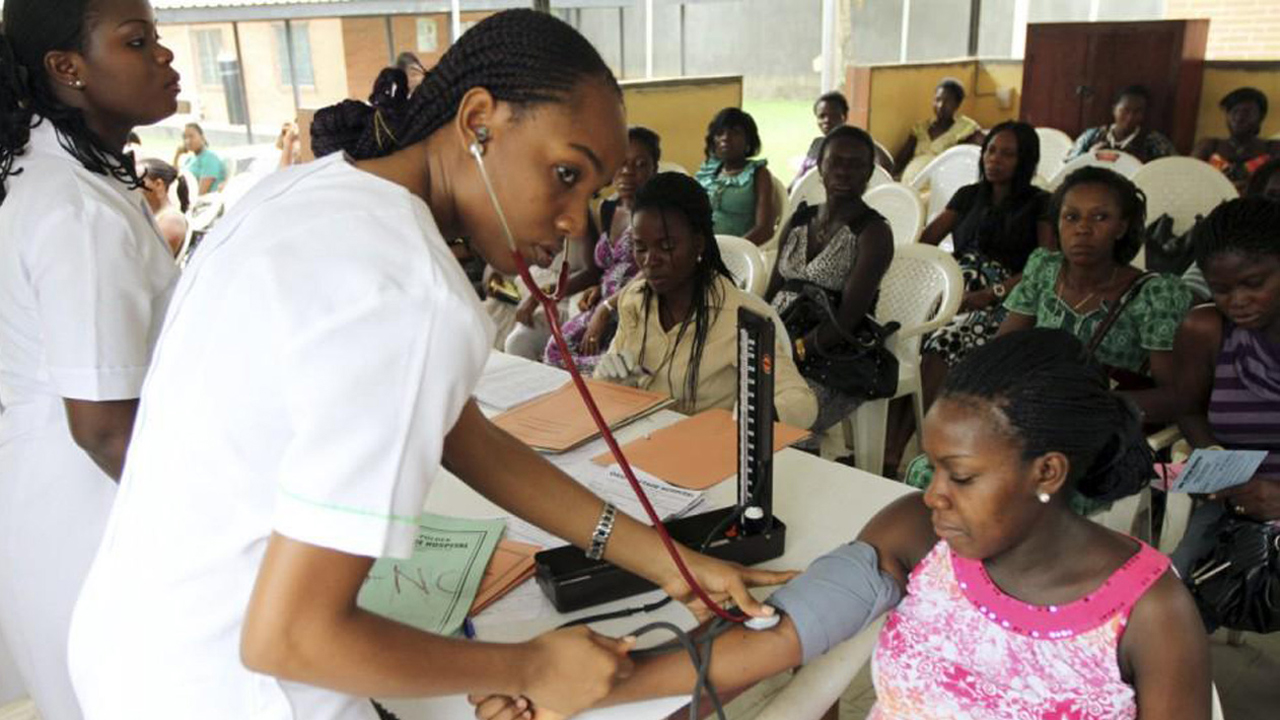Determined to strengthen justice delivery for survivors of sexual and gender-based violence (SGBV), the Lagos State Ministry of Health has trained health workers across the state on forensic evidence collection and timely clinical management of sexual assault cases.
The two-day training, held in Ikeja, brought together personnel from public and private facilities and formed part of the state’s multi-sectoral strategy to improve prosecution outcomes and expand survivor-centred care.
The Director of Family Health and Nutrition, Dr Folasade Oludara, said the increasing number of rape and defilement cases in Lagos communities underscores the need for improved skills among frontline responders who often serve as the first point of contact for survivors.
She explained that healthcare workers play a crucial dual role, providing medical care and generating legally admissible documentation that supports prosecution. “Their competence is critical to both the clinical and justice dimensions of sexual assault response,” she said.
Deputy Director of Child Health, Dr Oluwatosin Onasanya, said the state had equipped designated facilities with forensic tools and specimen kits, while the training was designed to enhance proper identification, documentation and management of SGBV cases.
Programme Manager for SGBV at the ministry, Dr JuradatAofiyebi, described the initiative as a strategic step toward improving prosecution outcomes. Twenty-five senior doctors from general hospitals took part in the specialised module.
She said accurate documentation, proper sample collection and comprehensive care not only support justice delivery but also help reduce repeat offences. “The state will continue to invest in trainings that ensure survivors receive non-judgmental, quality care,” she added.
Deputy Director at the Directorate of Public Prosecutions (DPP), Mrs Adebanke Ogunde, emphasised that convictions in sexual assault cases often hinge on the strength of medical reports and forensic evidence. She reminded participants that health workers are mandatory reporters and stressed strict adherence to proper evidence handling.
Ogunde noted that Section 291(3) of the Evidence Act recognises medical reports as crucial corroborative evidence, especially in cases involving children.
Consultant Family Physician at LASUTH, Dr OluwajimiSodipo, highlighted the need for timely medical attention, psychosocial support and non-stigmatising care. Presentation within 72 hours, he said, improves the chances of preventing infections and collecting viable forensic samples.
While commending inter-agency collaboration, he called for stronger DNA and forensic capacity, improved insurance coverage and better remuneration for health workers.
A Claims Officer at the Lagos State Health Management Agency (LASHMA), Mrs Anyebe Margret, explained how SGBV response has been integrated into the ILERA EKO Health Insurance Scheme.
Survivors, she said, are covered for treatment, investigations and follow-up under the Equity Fund for vulnerable groups.
LASHMA also vets hospital claims, coordinates emergencies, escalates cases to the Domestic and Sexual Violence Agency (DSVA) and ensures survivors receive medical and financial protection.
Assistant Director of Health Education, Mrs Ololade Babarere, spoke on the importance of self-care among health workers who manage distressing cases.
She noted that repeated exposure to trauma can lead to burnout and compassion fatigue, urging participants to adopt coping strategies such as mindfulness, exercise, adequate rest and peer support. “Caring for survivors begins with caring for oneself,” she said.






